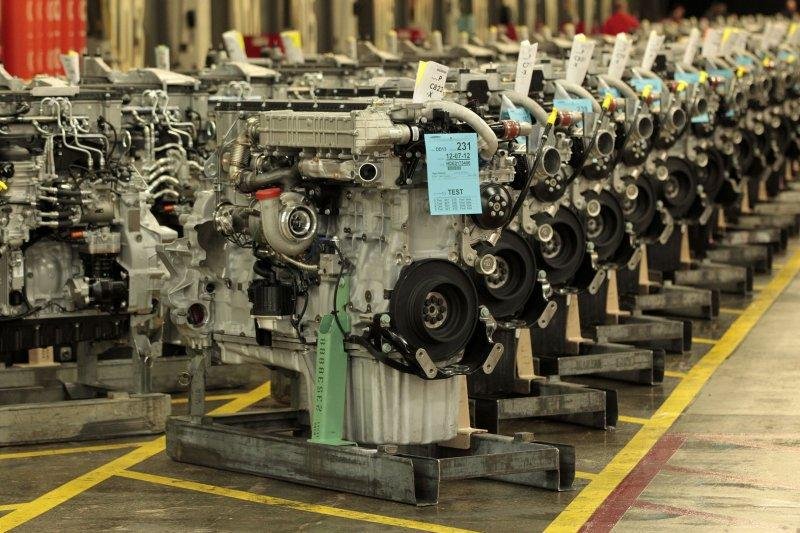Strong capital expenditure helped the Japanese economy grow by 0.4% in the October-December period compared with the same period the previous year, revised government figures out Monday show, but the outlook for Q1 of 2023 remains weak. File photo by Jeff Kowalsky/UPI
March 11 (UPI) — Strong capital investment helped the Japanese economy grow by 0.4% in the October-December period compared with the same period the previous year, revised government figures out Monday show, but inflation-hit domestic demand is weighing on the outlook for the first quarter.
Fourth quarter GDP growth was revised up from a drop of 0.4%, helping the economy avoid a technical recession indicated by two consecutive quarters of negative growth after the economy shrank 3.3% in the July to September period.
On a quarter-by-quarter basis, GDP edged 0.1% higher from the third quarter, bucking an initial reading of a 0.1% contraction.
Private consumption, which accounts for more than half of the economy, was revised to a 0.3% drop, the third consecutive quarterly decline and a greater decline than the 0.2% slide initially reported, as rising prices squeezed the budgets of Japanese households despite wage growth.
“While there was a large upward revision to business investment, from the initially reported 0.1% quarter-over-quarter decline to a 2% quarter-over-quarter jump, that was partly offset by a drag from inventories and a slightly larger fall in private consumption,” said Asia-Pacific head Marcel Thieliant at Capital Economics in Singapore in a note to clients.
Annualized quarterly capital expenditure jumped 16.4% compared with Q4 in 2022, recent Finance Ministry data show, and by 10.4% from the July to September quarter on a seasonally adjusted basis.
The data is a boost to hopes the Bank of Japan is about to begin normalizing monetary policy by raising interests out of negative territory for the first time in eight years, either at its Monetary Policy Meeting on March 18 or at its subsequent meeting on April 25.
“A technical recession was avoided and the BOJ will likely end its negative rates. But private consumption was weak and the economy will likely see negative growth in January to March,” said Mitsubishi UFJ Research and Consulting senior economist Shinichiro Kobayashi.
However, Monday’s revision to GDP was insufficient to reverse the recent loss of Japan’s spot as the world’s third-largest economy to Germany with GDP of $4.46 trillion in 2023. Japan’s GDP came in at $4.21 trillion.

